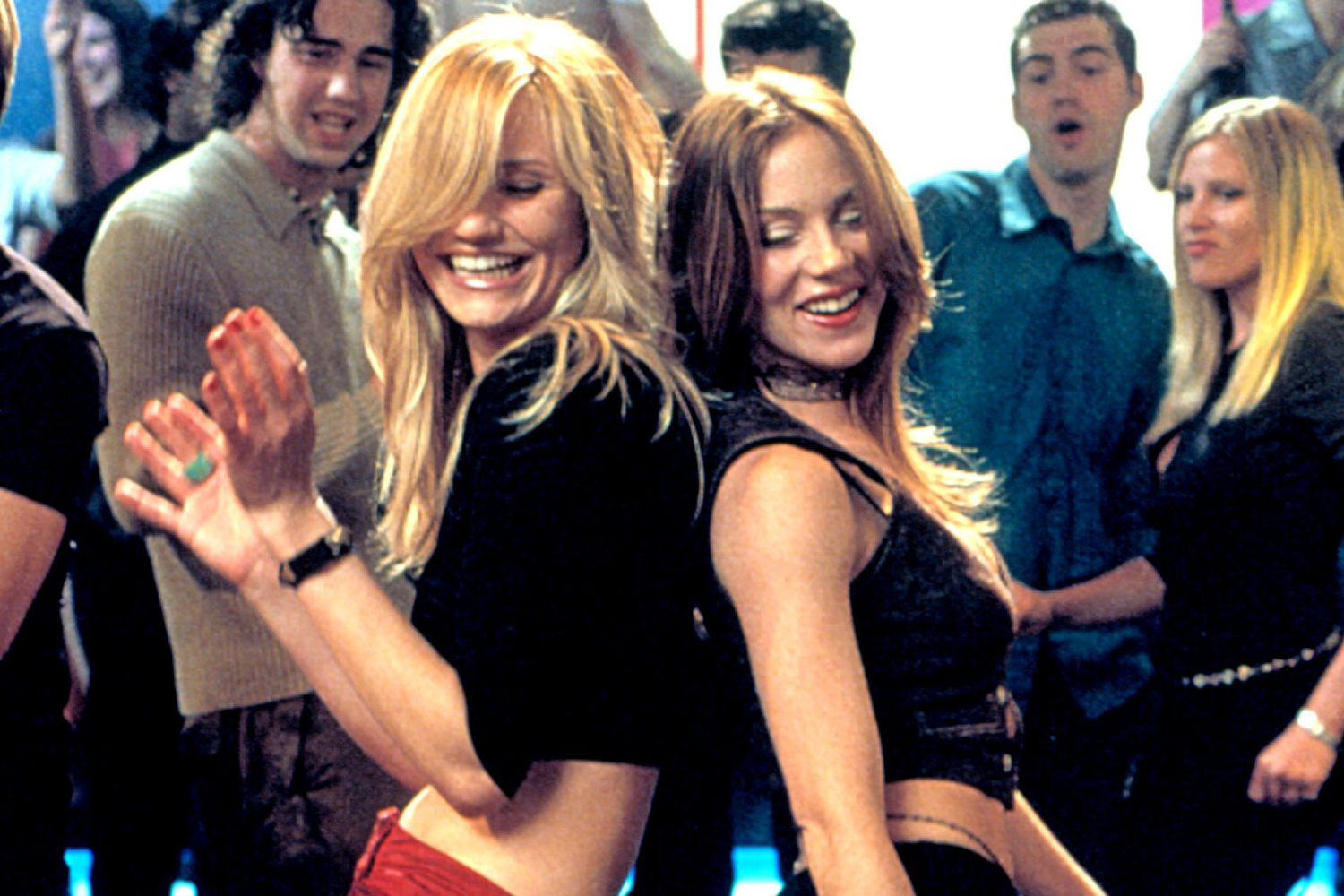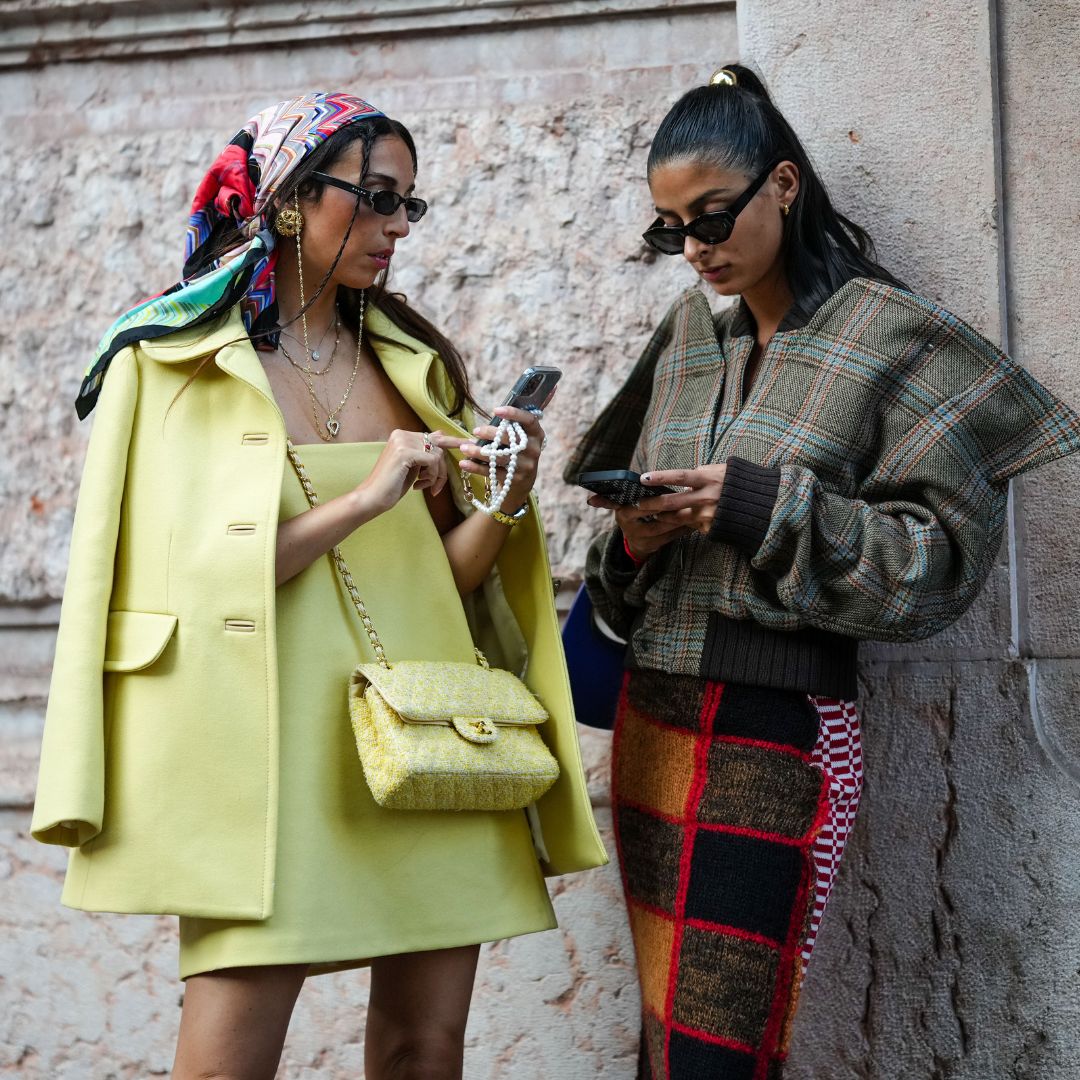What Facebook Is Doing To Your Brain, And Your Friendships
TV and radio presenter Sara Cox investigates relationships and Facebook in a new documentary

TV and radio presenter Sara Cox investigates relationships and Facebook in a new documentary
What would life be like without Facebook? Happier? Potentially - logging off might blunt FOMO and those envy spikes prompted by certain galling status updates. But maybe it wouldn't, maybe it would just leave us feeling lonely and out of the loop.
Thanks to social media, communication has a new currency: status updates and shares. In 2016, when we can’t make it to the pub because work and life get in the way we can nurture our friendships via comments and likes online. The world is converted - Facebook has 1.6 billion members globally and the platform has been instrumental in transforming the way we connect with people and interact with our friends.
But what is this doing to our brains?
There are of course some people who have resisted the pull of Facebook. 41-year-old TV and radio presenter Sara Cox is one of them, reports the Daily Mail. She’s active on Twitter and Instagram but remains reluctant to sign up to Facebook because she says she’s more interested in real-world interaction with her pals than keeping tabs on them online.
Cox investigates what Facebook is doing to our minds and our friendships in a new documentary, Sara Cox ON Friendship.
'I do Twitter and use Instagram for fun but I am not on Facebook’ states Cox during the programme ‘That's because I think friendship should be face-to-face, laughter, contact and fun.'
Marie Claire Newsletter
Celebrity news, beauty, fashion advice, and fascinating features, delivered straight to your inbox!
As part of the documentary Sara agreed to have an MRI scan to determine what happens in her brain when she sees pictures of her close friends. Neuroscientist Dr Joanne Powell examined the results and offered Cox this analysis:
'What is unique is what happens in the brain when you are processing your closest friends, you activated parts of the brain that process emotion and long term memory in the cerebral cortex. It shows your friends really are lighting up your brain.'
This sounds rather lovely – friends make our brains glow. However, it’s not so straightforward. For the next phase of the programme Cox spoke to psychotherapist Simon Jacobs. He treats people for clinical addiction to social media and explains that the pleasure hit our brain receives when we look at pictures of our friends can lead to addiction and speaks persuasively about why we need to value real world interaction:
'There is a real problem with using Facebook and not actually having interaction with people… We need to see a person and have that consequential feedback and how we are impacting on them.'
Jacobs warns against these online exchanges of ‘likes’ and ‘shares’ that mimic the real thing – it ‘creates a virtual world where you believe you are getting that interaction but you are not, you are not getting what it is like to be in the room with someone.'
Somewhat disturbingly Jacobs says the experience can be compared to the high you get from substance use: 'It is the same sort of hit you get from a Class A drug, it may not be as extreme but the same process is happening, the same dopamine release.'
Watch Sara Cox ON Friendship at 9pm on Monday February 15 on W
The leading destination for fashion, beauty, shopping and finger-on-the-pulse views on the latest issues. Marie Claire's travel content helps you delight in discovering new destinations around the globe, offering a unique – and sometimes unchartered – travel experience. From new hotel openings to the destinations tipped to take over our travel calendars, this iconic name has it covered.
-
 Mytheresa is having a secret sale right now and these are the 11 cult items I'm eyeing
Mytheresa is having a secret sale right now and these are the 11 cult items I'm eyeingIncluding the designer bag that was everywhere at Milan Fashion Week
By Clementina Jackson
-
 Prince Harry reportedly extended an 'olive branch' to Kate and William on latest UK trip
Prince Harry reportedly extended an 'olive branch' to Kate and William on latest UK tripBig if true
By Iris Goldsztajn
-
 How Prime Video is protecting Blake Lively amid her new movie promo
How Prime Video is protecting Blake Lively amid her new movie promoAn understandable move
By Iris Goldsztajn